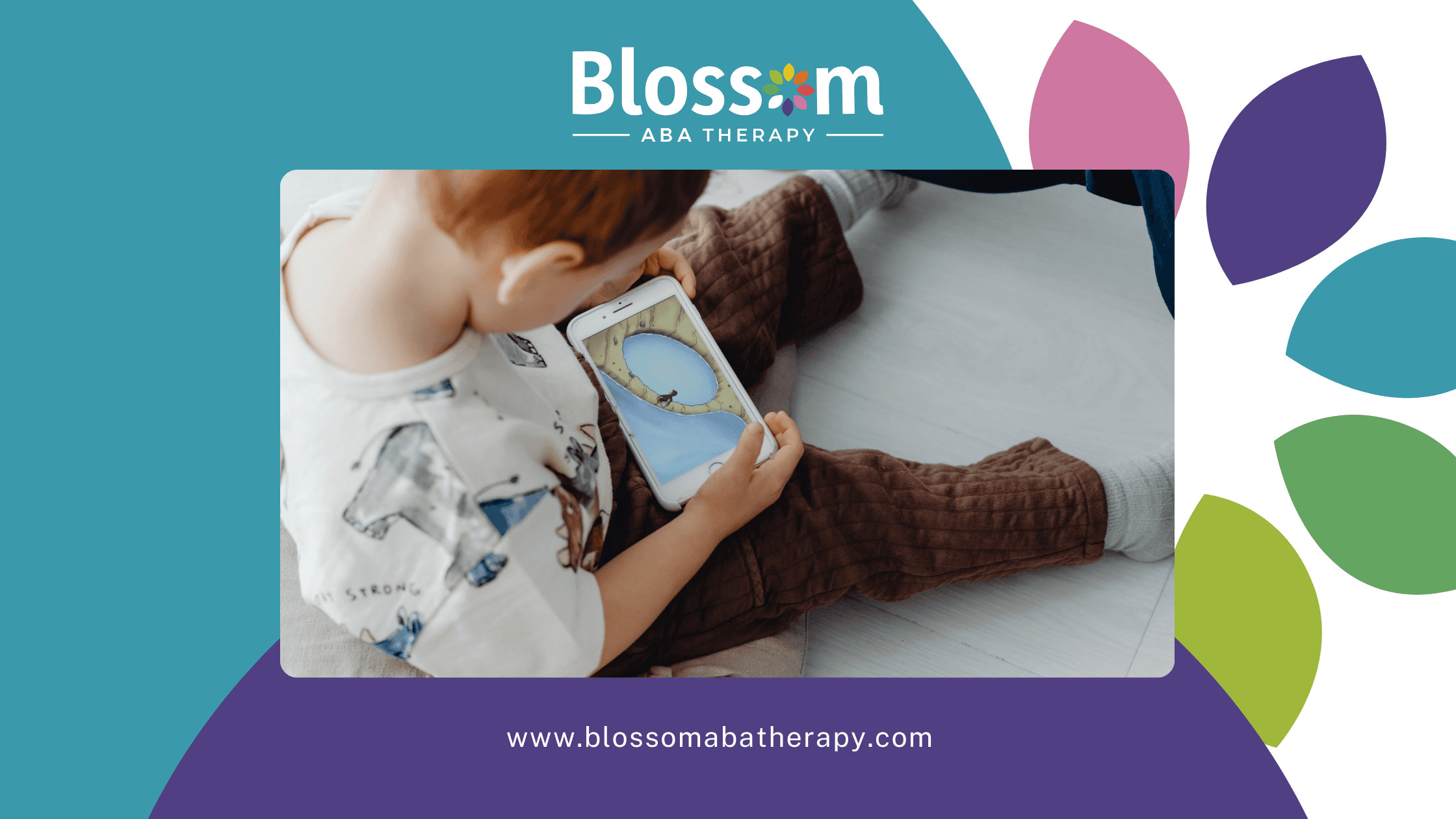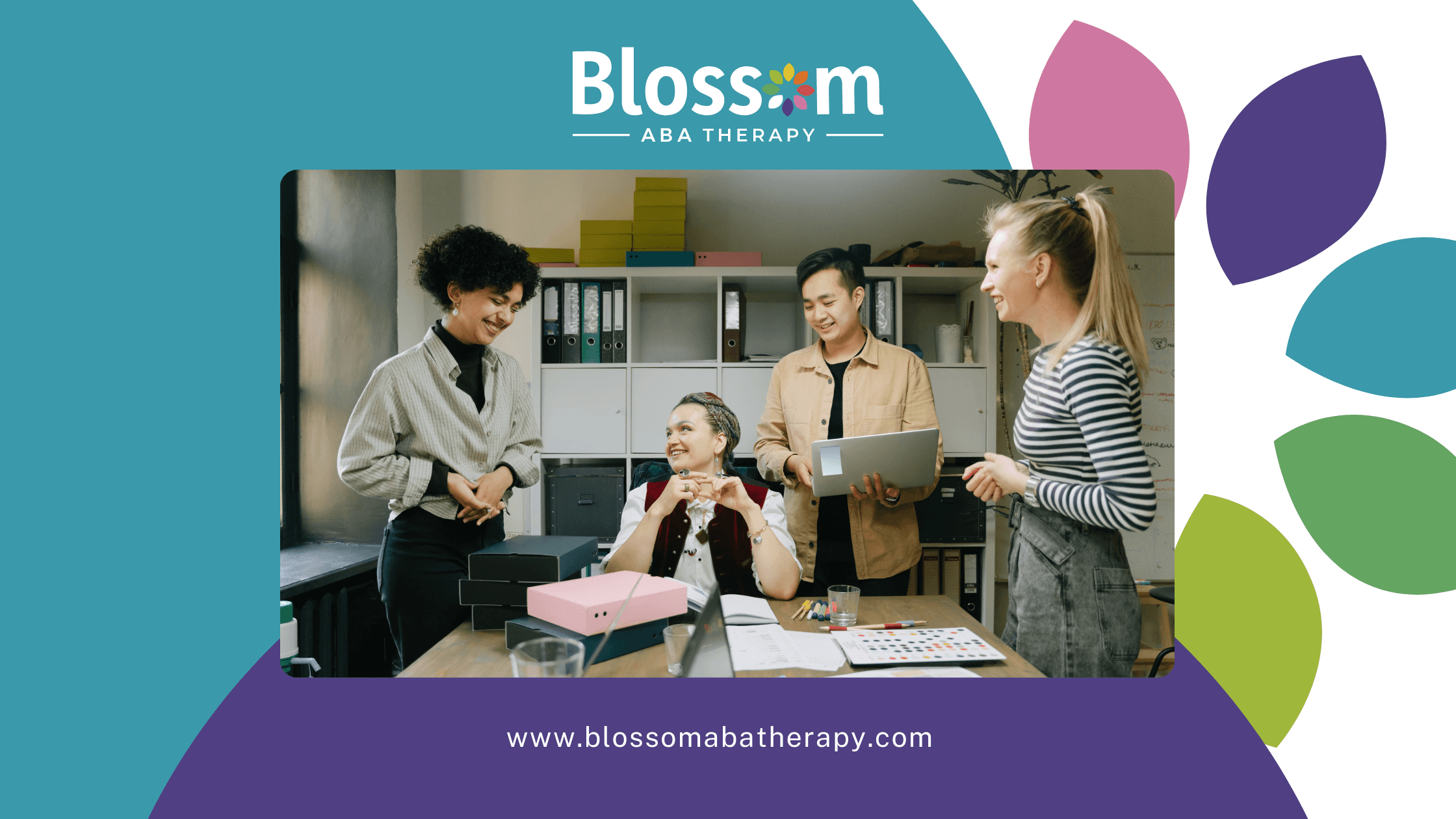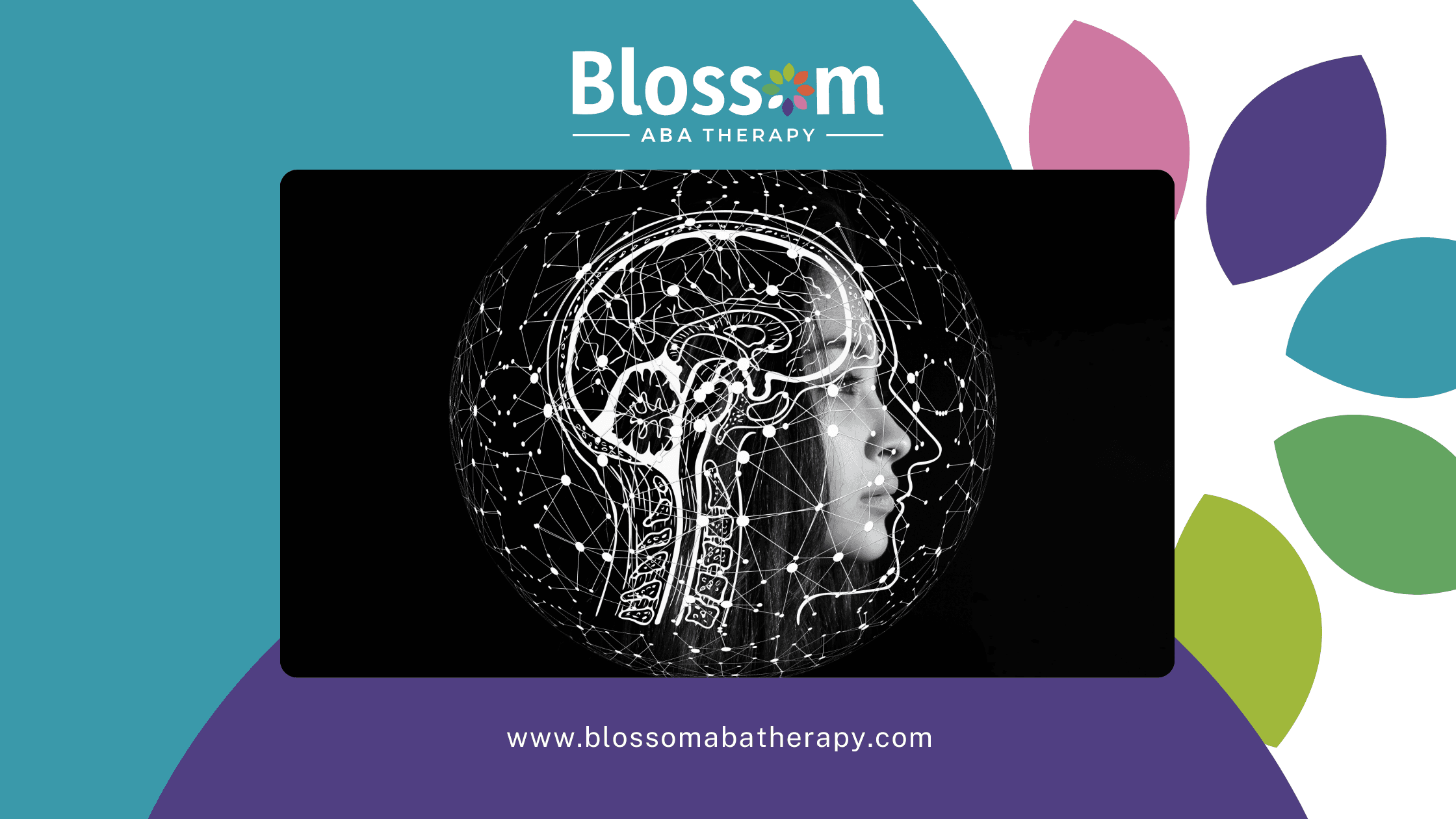Our New Clinic in Peachtree Corners is Now Open! Serving families in Norcross, Dunwoody, Sandy Springs, Duluth, Johns Creek, Alpharetta, Roswell, Suwanee, Brookhaven & nearby areas.

How Autistic Individuals Learn Self-Care
Jul 31, 2025

How Autistic Individuals Learn Self-Care
Jul 31, 2025

How Autistic Individuals Learn Self-Care
Jul 31, 2025

How Autistic Individuals Learn Self-Care
Jul 31, 2025
Can autistic people care for themselves? Yes—many can with the right support. Discover how self-care skills develop and what independence looks like in autism.
Autistic people, just like anyone else, have a wide range of abilities. While some may need support with certain daily tasks, many autistic individuals live independently, manage their routines, and even thrive with the right tools and encouragement.
Independence Looks Different for Everyone
Self-care can mean brushing teeth, making meals, handling money—or even emotional regulation. According to a 2021 study by the Autism Research Institute, about 44% of autistic adults live independently or semi-independently. That’s a strong reminder that autism is not a one-size-fits-all diagnosis.
Autistic children often benefit from early intervention, but independence is a journey, not a destination. “The goal isn’t to ‘fix’ autism,” says Dr. Stephen Shore, autism advocate and professor. “It’s to help the individual reach their potential.” Teaching life skills—like planning, hygiene, or communication—can go a long way in boosting confidence and capability.
The Role of Support Systems
Caregivers, therapists, and educators play key roles in nurturing autonomy. That doesn’t always mean doing things forsomeone—it often means showing them how to do it themselves. Tools like visual schedules, routine-building, and structured support are game-changers.
Blossom ABA proudly supports children and families with in-home and center-based ABA therapy. We serve communities across Georgia, Tennessee, Virginia, and North Carolina—and we're here to walk this journey with you.
Ready to build your child’s independence? Contact Blossom ABA today to get started!
FAQs
At what age can autistic children start learning self-care?
As early as toddler years! Skills are taught in small, manageable steps tailored to the child’s abilities.
Can all autistic people live independently?
Not all, but many can—especially with early support and consistent life skills training.
How does ABA therapy support independence?
ABA breaks down tasks into steps, helping children master self-care, communication, and routines over time.
Autistic people, just like anyone else, have a wide range of abilities. While some may need support with certain daily tasks, many autistic individuals live independently, manage their routines, and even thrive with the right tools and encouragement.
Independence Looks Different for Everyone
Self-care can mean brushing teeth, making meals, handling money—or even emotional regulation. According to a 2021 study by the Autism Research Institute, about 44% of autistic adults live independently or semi-independently. That’s a strong reminder that autism is not a one-size-fits-all diagnosis.
Autistic children often benefit from early intervention, but independence is a journey, not a destination. “The goal isn’t to ‘fix’ autism,” says Dr. Stephen Shore, autism advocate and professor. “It’s to help the individual reach their potential.” Teaching life skills—like planning, hygiene, or communication—can go a long way in boosting confidence and capability.
The Role of Support Systems
Caregivers, therapists, and educators play key roles in nurturing autonomy. That doesn’t always mean doing things forsomeone—it often means showing them how to do it themselves. Tools like visual schedules, routine-building, and structured support are game-changers.
Blossom ABA proudly supports children and families with in-home and center-based ABA therapy. We serve communities across Georgia, Tennessee, Virginia, and North Carolina—and we're here to walk this journey with you.
Ready to build your child’s independence? Contact Blossom ABA today to get started!
FAQs
At what age can autistic children start learning self-care?
As early as toddler years! Skills are taught in small, manageable steps tailored to the child’s abilities.
Can all autistic people live independently?
Not all, but many can—especially with early support and consistent life skills training.
How does ABA therapy support independence?
ABA breaks down tasks into steps, helping children master self-care, communication, and routines over time.
Autistic people, just like anyone else, have a wide range of abilities. While some may need support with certain daily tasks, many autistic individuals live independently, manage their routines, and even thrive with the right tools and encouragement.
Independence Looks Different for Everyone
Self-care can mean brushing teeth, making meals, handling money—or even emotional regulation. According to a 2021 study by the Autism Research Institute, about 44% of autistic adults live independently or semi-independently. That’s a strong reminder that autism is not a one-size-fits-all diagnosis.
Autistic children often benefit from early intervention, but independence is a journey, not a destination. “The goal isn’t to ‘fix’ autism,” says Dr. Stephen Shore, autism advocate and professor. “It’s to help the individual reach their potential.” Teaching life skills—like planning, hygiene, or communication—can go a long way in boosting confidence and capability.
The Role of Support Systems
Caregivers, therapists, and educators play key roles in nurturing autonomy. That doesn’t always mean doing things forsomeone—it often means showing them how to do it themselves. Tools like visual schedules, routine-building, and structured support are game-changers.
Blossom ABA proudly supports children and families with in-home and center-based ABA therapy. We serve communities across Georgia, Tennessee, Virginia, and North Carolina—and we're here to walk this journey with you.
Ready to build your child’s independence? Contact Blossom ABA today to get started!
FAQs
At what age can autistic children start learning self-care?
As early as toddler years! Skills are taught in small, manageable steps tailored to the child’s abilities.
Can all autistic people live independently?
Not all, but many can—especially with early support and consistent life skills training.
How does ABA therapy support independence?
ABA breaks down tasks into steps, helping children master self-care, communication, and routines over time.
Autistic people, just like anyone else, have a wide range of abilities. While some may need support with certain daily tasks, many autistic individuals live independently, manage their routines, and even thrive with the right tools and encouragement.
Independence Looks Different for Everyone
Self-care can mean brushing teeth, making meals, handling money—or even emotional regulation. According to a 2021 study by the Autism Research Institute, about 44% of autistic adults live independently or semi-independently. That’s a strong reminder that autism is not a one-size-fits-all diagnosis.
Autistic children often benefit from early intervention, but independence is a journey, not a destination. “The goal isn’t to ‘fix’ autism,” says Dr. Stephen Shore, autism advocate and professor. “It’s to help the individual reach their potential.” Teaching life skills—like planning, hygiene, or communication—can go a long way in boosting confidence and capability.
The Role of Support Systems
Caregivers, therapists, and educators play key roles in nurturing autonomy. That doesn’t always mean doing things forsomeone—it often means showing them how to do it themselves. Tools like visual schedules, routine-building, and structured support are game-changers.
Blossom ABA proudly supports children and families with in-home and center-based ABA therapy. We serve communities across Georgia, Tennessee, Virginia, and North Carolina—and we're here to walk this journey with you.
Ready to build your child’s independence? Contact Blossom ABA today to get started!
FAQs
At what age can autistic children start learning self-care?
As early as toddler years! Skills are taught in small, manageable steps tailored to the child’s abilities.
Can all autistic people live independently?
Not all, but many can—especially with early support and consistent life skills training.
How does ABA therapy support independence?
ABA breaks down tasks into steps, helping children master self-care, communication, and routines over time.
Can Autistic People Care for Themselves? | Blossom ABA
Can Autistic People Care for Themselves? | Blossom ABA


Seeking Support?
We're Here to Help!
Our dedicated professionals specialize in ABA therapy to foster your child's growth and happiness. We're here to provide the personalized care and attention your child deserves. Reach out to learn how we can support your family's journey.
Connect With Our ABA Experts Today.
News & Blogs
News & Blogs
Latest News & Blogs
Latest News & Blogs
Latest News & Blogs
Latest News & Blogs

ARE YOU PASSIONATE ABOUT HELPING CHILDREN
ARE YOU PASSIONATE ABOUT HELPING CHILDREN
Join Our Team
Join Our Team
Join Our Team
Join Our Team
Blossom Therapy constantly seeks qualified BCBAs and RBTs to fill full and part-time positions.
Blossom Therapy constantly seeks qualified BCBAs and RBTs to fill full and part-time positions.
Blossom Therapy constantly seeks qualified BCBAs and RBTs to fill full and part-time positions.
Blossom Therapy constantly seeks qualified BCBAs and RBTs to fill full and part-time positions.






